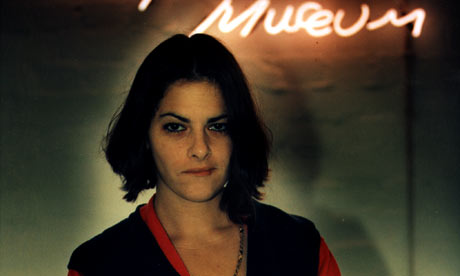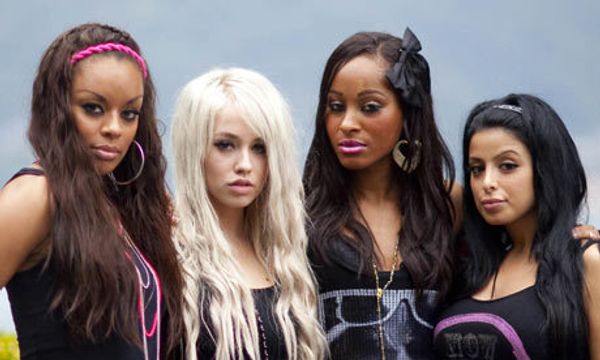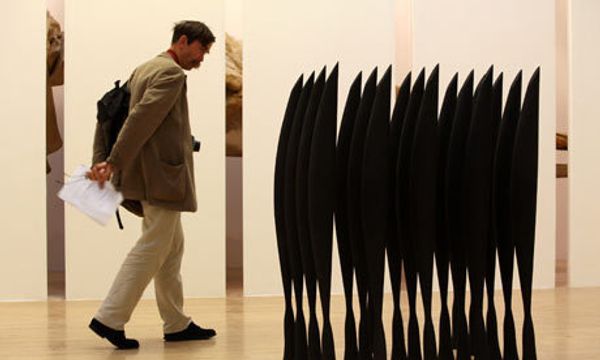
Since when were artists required to be nice people? This week Tracey Emin scandalised all decent folk by vowing (is that the right tabloid word?) to leave Britain to avoid paying 50% tax. The reaction has been one of outrage at the selfishness and ingratitude of an artist who used the state-funded Turner prize as a stage to launch her celebrity, who has had a retrospective at the state-funded National Galleries of Scotland, who was selected by the state-funded British Council to represent us at the Venice Biennale – who is loved by the British far more than she is respected abroad and who, quite frankly, is going to look pretty silly in France, in particular, where Sophie Calle is at hand to expose her artistic weaknesses.
What a silly thing she said – but how puritan and humourless and naive the outraged public response. It is, I think, indicative of what has gone wrong with the reception of art in Britain. Artists are now – if they choose to play along – mainstream celebrities. A lot of people therefore think they "know" Emin, and are shocked to find she's not one of us at all.
Another artist in the news for being nasty is Damien Hirst. In his case, the unpleasantness involves persecuting a teenage street artist for daring to infringe the dubious copyright of his diamond skull. I've joined in the harassing of Hirst for this bad behaviour, but if you thought that meant I was going off his work, you were wrong. I was shocked by the intensity of my own emotional reaction to Hirst's installation, Pharmacy, at Tate Britain this summer. What will the exhibition of his new, "proper" paintings at the Wallace Collection be like? The reviewers are already polishing their insults; the reproductions being circulated look like something you might buy, ironically, in a charity shop. Yet in reality they may be brilliantly different. Either way, they constitute another step in Hirst's unique, strange journey.
And this is the point: artists are strange. The best are, as well as the worst. More to the point, I want them to be strange, or different. To be shocked by their apparent amorality strikes me as the same British moralism that once made nice people prefer Henry Moore to Francis Bacon. Today it makes them prefer Antony Gormley's banalities to the genius of Hirst.










